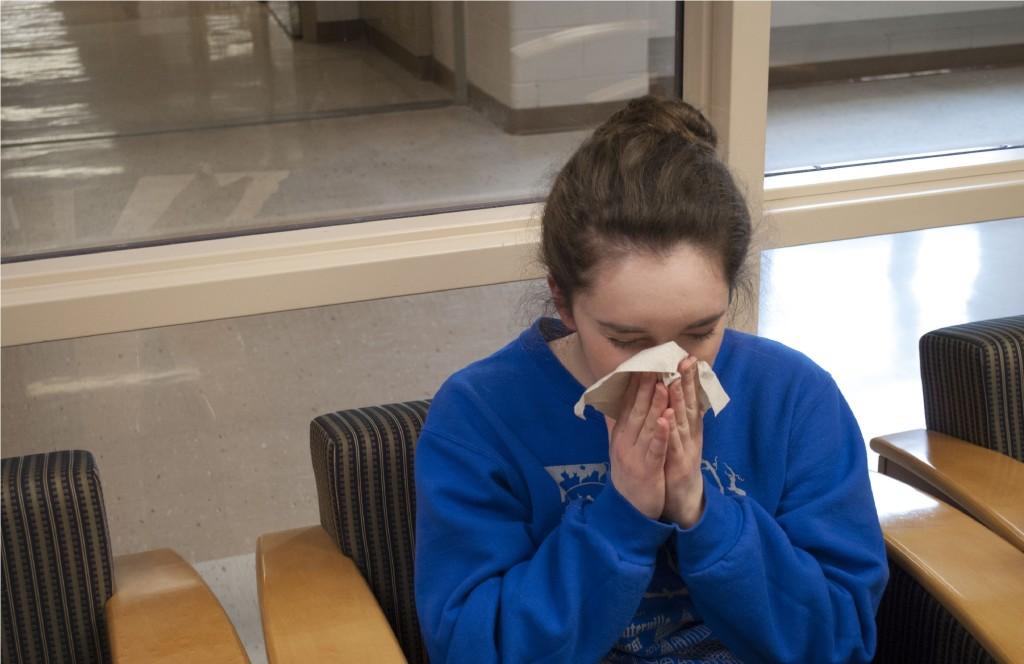Swine flu returns, targets young adults
Teens are especially susceptible to the H1N1 virus.
H1N1 has returned. Now, much like in 2009, the H1N1 influenza (more commonly referred to as Swine Flu) spreads across Michigan, the US, and the world. As before, there have been a number of casualties. This strain is quite similar in nature to that of the 2009 strain, and a vaccination was reported to have been included in this year’s vaccination.
Swine flu is an affliction that causes symptoms comparable to those of the seasonal flu. The symptoms include: coughing, fever, sore throat, stuffy nose, general aches, headaches, chills, fatigue, and nausea. Interestingly, this strain of the flu is one to which young adults are especially vulnerable. That is not to say that only young adults can catch swine flu –anyone can get it, regardless of age. There are, however, some who have a greater risk of contracting the illness. People with a higher potential for getting this illness are: the very young/ very old, pregnant women, the chronically ill, and those with weakened immune systems.
In 2009, as previously established, H1N1 was a global pandemic. The influenza claimed the lives of hundreds of thousands of people, and incited a fair deal of paranoia at the time. Since then, swine flu has been around, though never on the same level as before. This year’s outbreak has not yet become as problematic, though it still could. There have been at least ten deaths in Michigan –three of which have been in Oakland County. The virus has spread to at least 35 states, and much of Canada. Many news reports have been focused on this return, especially about the importance of immunizations. This shot (or, optionally, a nasal spray) is quite readily available in Michigan, and should adequately supply all in need of it.
Various naysayers across the internet and society believe that the immunizations are worthless, that the treatment causes more harm than good. Accusations such as that have repeatedly been found to be incorrect, for even though immunizations are not 100 percent effective they are helpful in defending the body from the illness; more so than nothing, at least.
Another tried-and-true method of prevention consists of the basic tenets of personal hygiene. Constantly washing hands, covering one’s nose and mouth when sneezing or coughing, and staying home if one is sick are still among the best ways to protect one’s health. The Center for Disease Control “recommends that people get vaccinated against flu as long as flu viruses are circulating”.
Additionally, the CDC states that people with a high risk of contracting the flu –such as young-adults, the elderly, chronically ill people, and children –should make getting vaccinations a high priority. High schools students are on the cusp of young-adulthood, and as such fall into the at-risk category. It is strongly suggested that they get their shot as soon as possible, because the shots take approximately two weeks to fully activate and protect the body.





